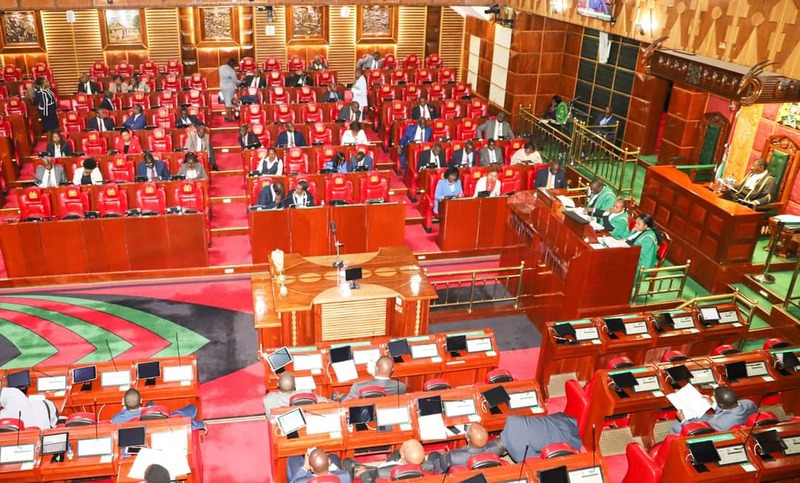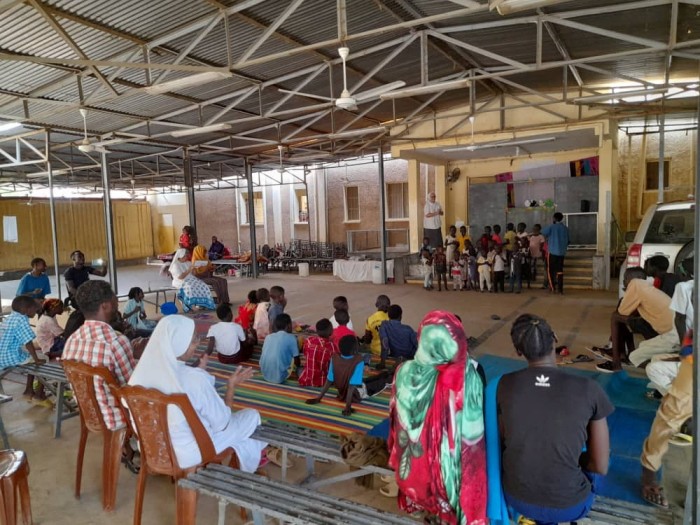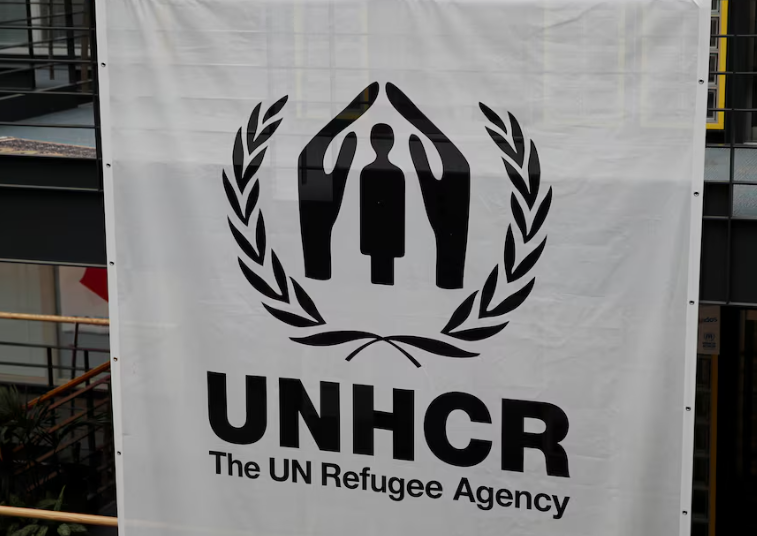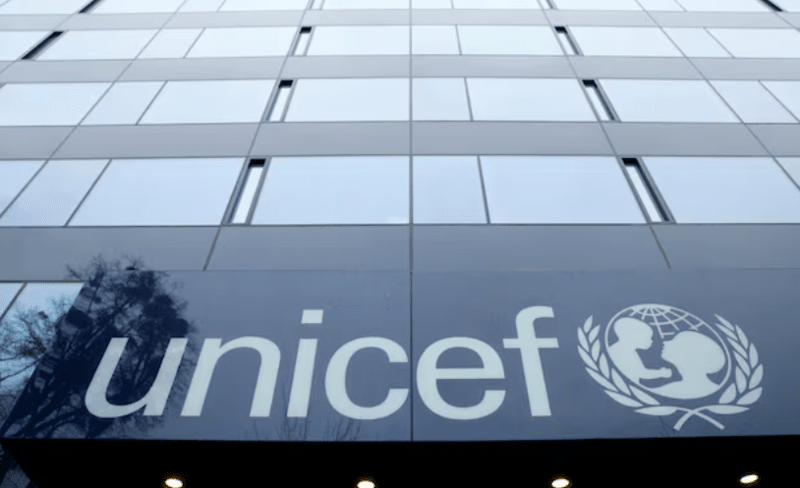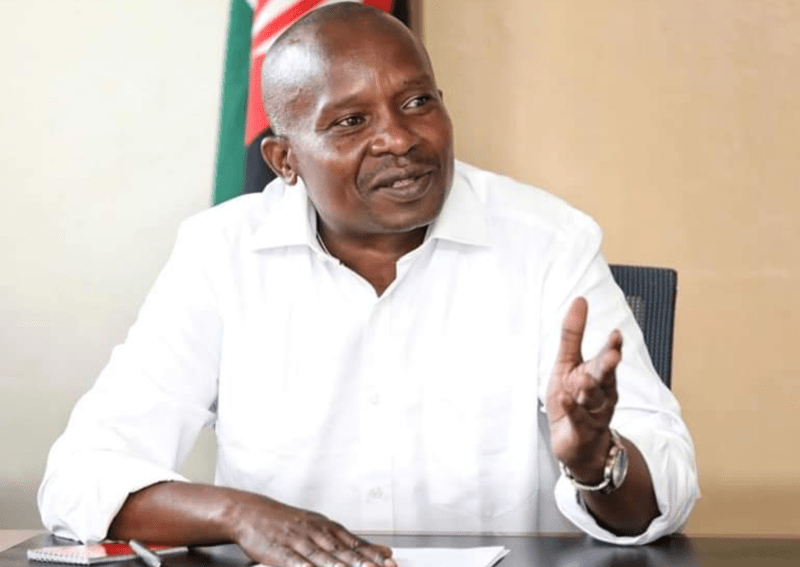EU Parliament votes in favor of trade agreement with Kenya
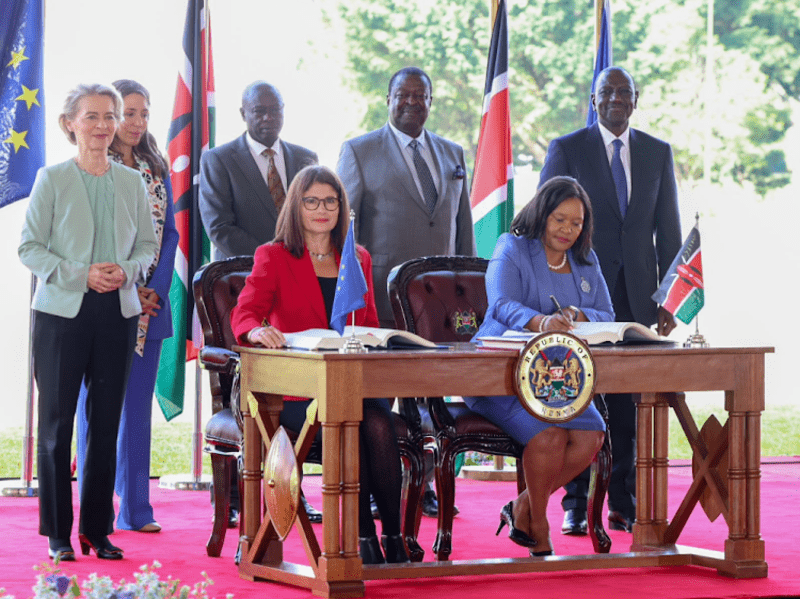
By Barack Oduor |
In December last year, President Ruto hailed the new Kenya-EU Economic Partnership Agreement saying the pact will "usher in an era of blended opportunities" for the country.
Members of the European Parliament (MEPs) have voted to approve the EU's Economic Partnership Agreement with Kenya.
In a statement from the European Parliament describing Kenya as East Africa's main economic hub, the MEPs voted 366 in favour, 86 against and 56 abstentions to give their consent to the EU-Kenya Economic Partnership Agreement (EPA) that aims to strengthen trade and economic ties with the African country.
Keep reading
- What next now that Ruto has withdrawn contentious Finance Bill?
- A look at Parliament security amid claim that criminals targeted armoury
- Somali elders defend NIS boss Noordin Haji, accuse Gachagua of overstepping his mandate
- Understanding Gen Zs, youngsters who have taken Kenya by storm with protests
It outlined that it is the first agreement with a developing country in which the EU's new approach to trade and sustainable development is reflected.
"The agreement includes binding and enforceable provisions on international standards and agreements on labour, gender equality, climate and the environment, and prevents both parties from lowering labour and environmental standards," reads the statement.
The trade and sustainable development clauses, which are new compared to the EU-East African Community EPA, will be binding: possible issues will be addressed through a dedicated dispute resolution mechanism.
The EU is Kenya's second-largest trading partner and its most important export market. The EU's 27-member, a US 16 trillion-euro market, contributed 17 per cent of the global GDP and is one of Kenya's biggest trading partners, whose exports to the country now amount to USD 2.1 billion.
Member of the European Parliament Alessandra Mussolini said, "This agreement is a catalyst for economic growth, job creation and sustainable development. It will provide duty-free, quota-free EU market access to all exports from Kenya as soon as it enters into force, as well as partial and gradual opening of the Kenyan market to imports from the EU."
She added that Kenya is by far the most important trading partner of the EU among the EAC partner countries, representing nearly half of EU imports from the EAC and more than half of its exports to the EAC.
The European Union Council needs to give its final formal approval to the agreement for the ratification process to be completed on the EU side.
Kenya is the ninth largest economy of the African continent and is East Africa's main economic hub.
The EU-Kenya EPA aims to implement the provisions of the EU-East African Community (EAC) Economic Partnership Agreement that was concluded in 2014.
The implementation of the EAC EPA has not been possible because not all EAC partner countries ratified it. The EAC in 2021 agreed to allow individual states to proceed with bilateral implementation. Except for Kenya, all EAC partner states are the least developed countries and still enjoy duty-free and quota-free access to the EU market.
In December last year, President William Ruto hailed the new Kenya-EU Economic Partnership Agreement saying the pact will "usher in an era of blended opportunities" for the country and the region.
"I am therefore proud to be here today, to witness this historic milestone in our journey of national economic transformation. It is clear now, more than ever before, that the future holds greater promise than was understood previously," Ruto said during the signing ceremony at State House, Nairobi.
Ruto noted that with the signing of the agreement, Kenya has a permanent arrangement to guarantee access to the European market for her enterprises.
"Kenyan exporters will now be able to make long-term plans based on predictable, duty-free and quota-free access to a premium export market," he explained.







